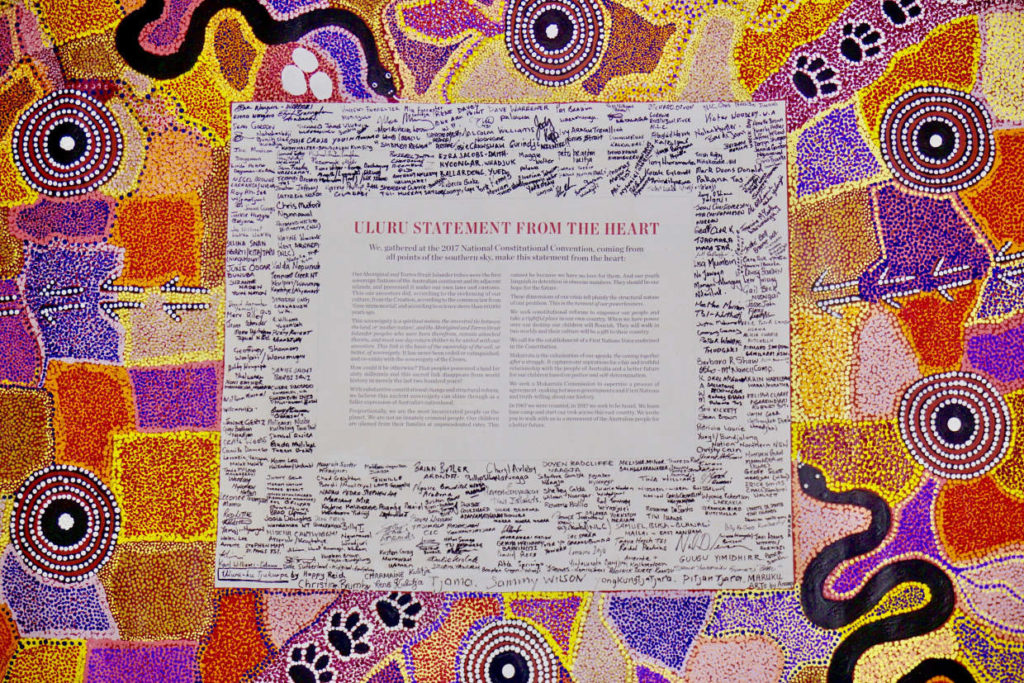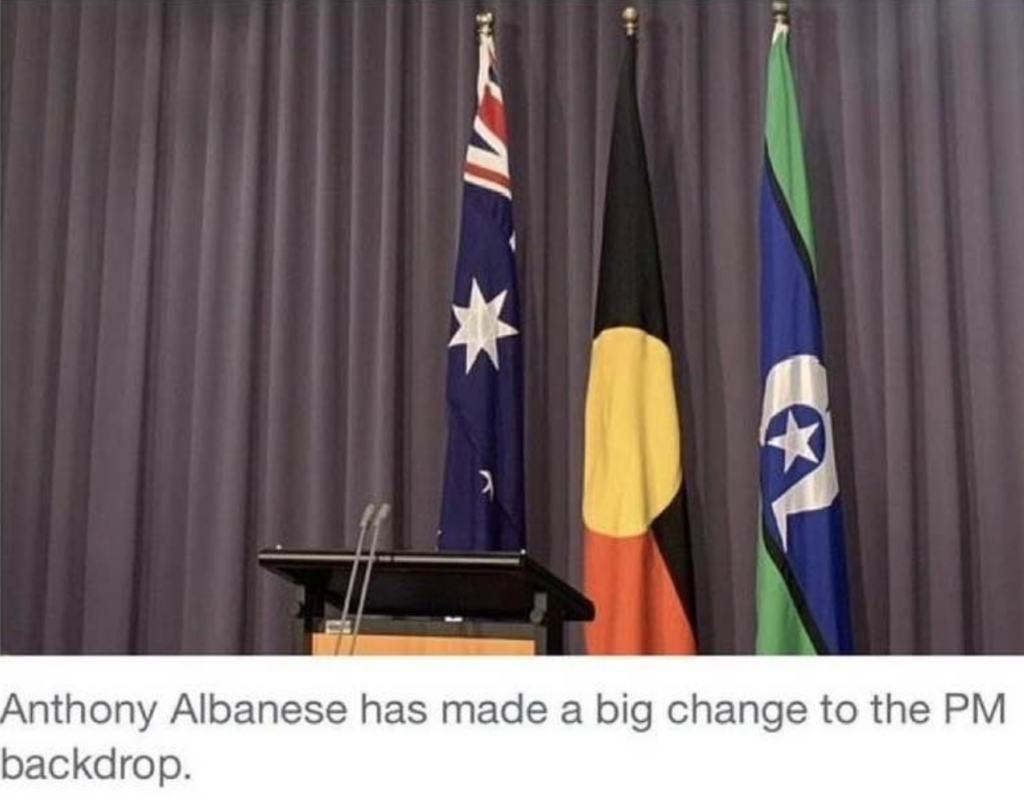This week, Australia acknowledges Sorry Day (May 26th), and begins National Reconciliation Week (NRW), 27th May – 3rd June. NRW begins with the anniversary of the 1967 referendum (27th May) and finishes with Mabo Day (the anniversary of the High Court decision that recognised the pre-colonial land interests of Aboriginal and Islander peoples within Australia’s common law).
These are significant dates for First Nations Peoples as well as Second Peoples in Australia. They are dates that should also be significant for churches.
Recommended resources
Statement from the Heart website
Statement from the Heart resources (study guide, facilitator’s guide produced by the Vic/Tas UCA Synod)
Our Vision for a Just Australia: A First Peoples Heart (UCA)
A voice in the wilderness 8 part study guide (free downloadable PDF) written by Celia Kemp, Anglican Board of Mission’s Reconciliation Coordinator. As well there is a leader’s guide.
This commendation of ‘A Voice in the Wilderness’ from Archbishop Philip Freier, Anglican Archbishop, Melbourne:
“Celia Kemp’s fine work, bringing as it does so clearly the voices of indigenous elders and leaders, resonates with the Bible’s call to reconciliation: ‘to be neighbour’ – genuinely and deeply to one another. This excellent study is a gift to the whole church”.
In his acceptance speech on Saturday night, the new Australian Prime Minister Anthony Albanese began his speech by committing his Government to the Uluru Statement – in full:
‘On behalf of the Australian Labor Party, I commit the Uluru Statement from the Heart. We can answer its patient, gracious call for a voice enshrined in our Constitution because all of us ought to be proud, that amongst our great multicultural society, we count the oldest living continuous culture in the world’.

This week marks five years since Indigenous people from across the nation gathered at Uluru to come to a consensus position on the best way to change the Constitution to bridge the divides between black and white Australia.
In summary, the Statement addresses the Australian people and calls for constitutional change and meaningful, structural reform based on justice and self-determination for Indigenous peoples. Indigenous Australians have been calling for a voice to Parliament to be enshrined in the Constitution with a body to sit outside the Parliament, to give frank input on policies designed to address this country’s sustained failure to close the gap. The Statement calls for a Makarrata commission to supervise a process of agreement-making and truth telling.
The Statement says these reforms are necessarily sequential: a Voice first, then Treaty and Truth.
(Note: The Statement was agreed to be consensus by those who gathered at Uluru, but not all Aboriginal people support it).
The creators of the Uluru Statement have said “history is calling” the next parliament to take action. Albanese has vowed to hold a referendum during his first term, and has said he will ‘reach across the aisle’ because ‘historically, to get constitutional change, you need bipartisan support’. He said he will attempt to find common ground and shift conservative opposition to a referendum on the Voice.
There is majority support in the community for a referendum. This issue may be the defining debates of Australia’s 47th Parliament.
(The last referendum to consider changing the Constitution was in 1999 regarding whether Australia should cut ties with the monarchy to become a republic).

Wiradjuri woman Linda Burney has been re-elected and will be Labor’s Indigenous Affairs Minister. She will be the first Aboriginal woman to be Indigenous affairs minister. Ms Burney grew up in a small NSW town. Her commitment to Aboriginal affairs spans more than 30 years, was the first Aboriginal person to be elected to the NSW Parliament, serving as NSW Deputy Labor Leader and a former Shadow Minister for Education and Aboriginal Affairs. She is the first Aboriginal woman to serve in the House of Representatives.
She has said, ‘Recognition in the Constitution is about that document telling the truth and reflecting the extraordinary inheritance we all have as Australians with the length of time humanity has been in this country. It’s about removing the race powers out of the Constitution – those powers are not just about Aboriginal people. The Australian Constitution actually allows the Australian Government to make laws that could be detrimental to a particular race or people’.
Speaking about the outcome of the elections she said, ‘This is an exercise in nation-building, and this will change Australia. It’s just so exciting’.
There are several other Indigenous women elected including Senator Dorinda Cox (Greens, WA); Malarndirri McCarthy (Labor) and Jacinata Nampijinpa Price (Country Liberals Party) are expected to win the Northern Territory’s two Senate spots; and Senator Lidia Thorpe (Greens, Victoria)

